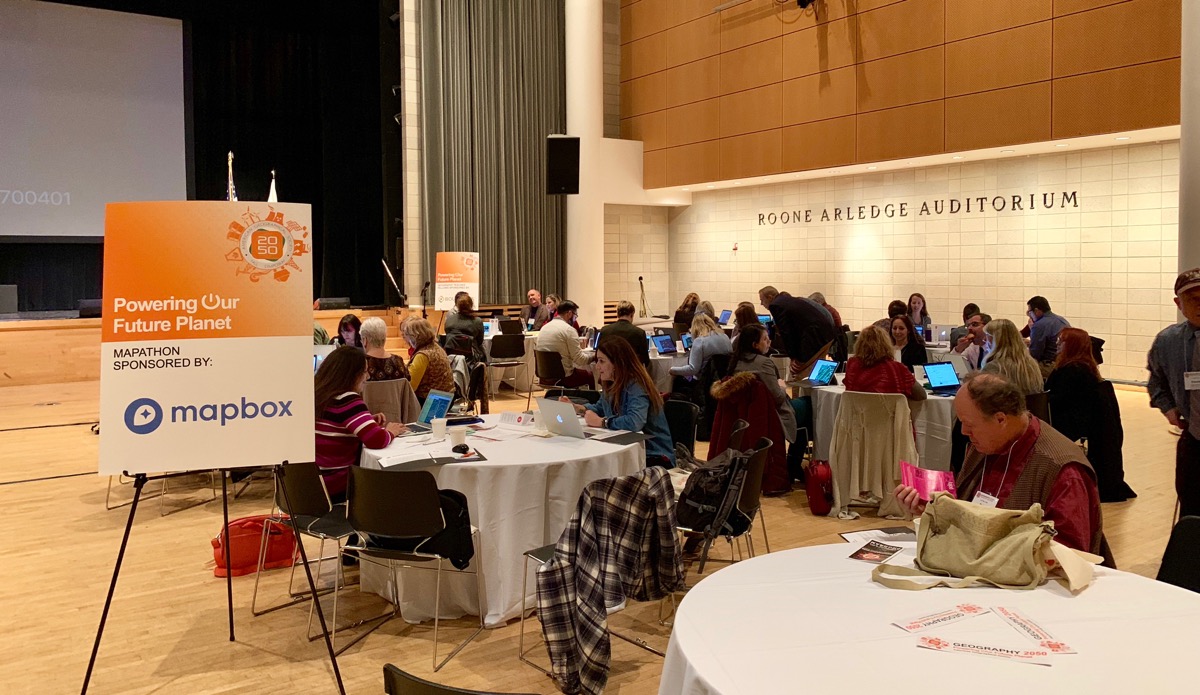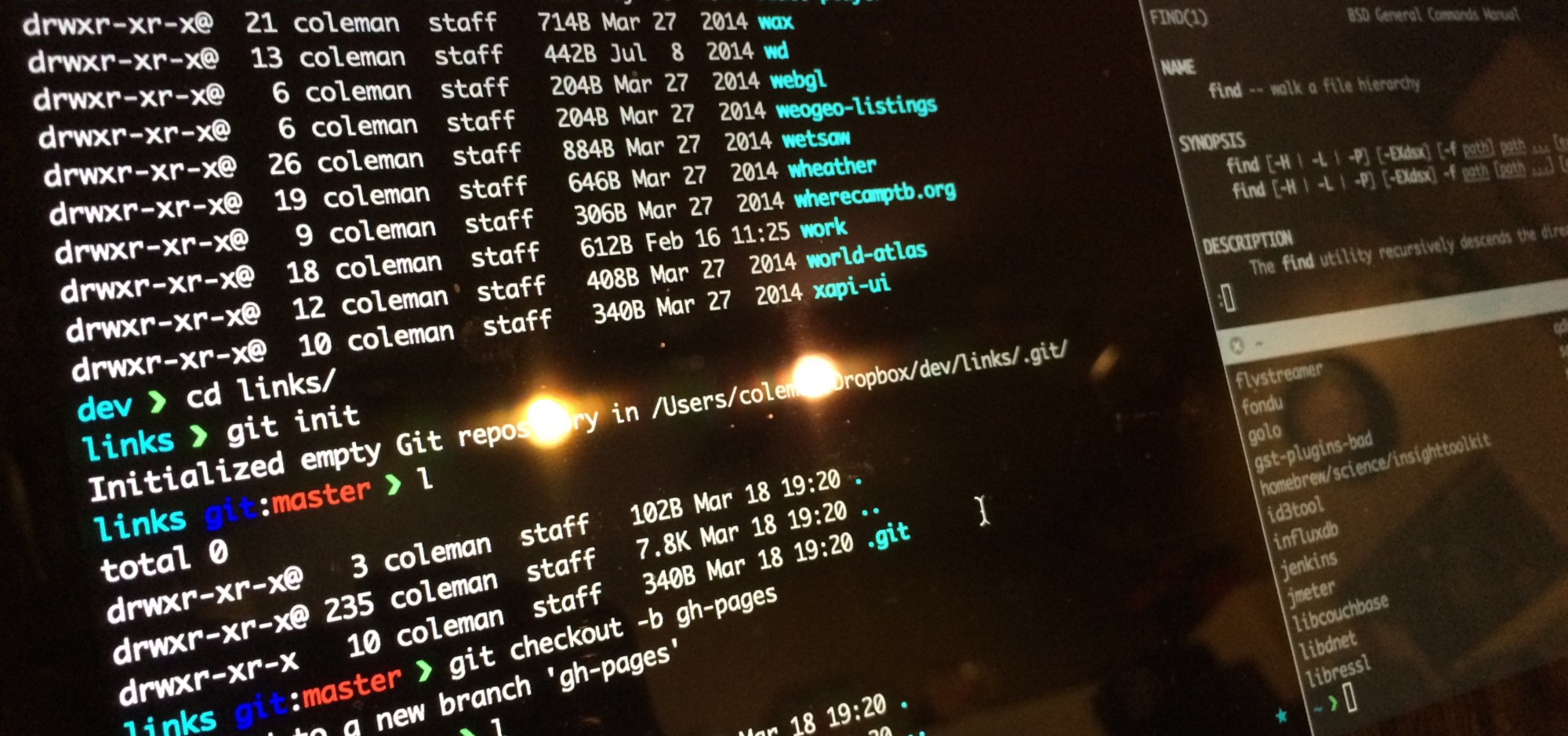This is part 1 of a series on learning, education, and what we can do to improve our systems. Read part 2 here.
The most effective learning relies on curiosity, a required characteristic to grow emotionally and intellectually over time. Teaching, on the other hand, is the act of steering this process. The best teaching provides fundamental “first principle” building blocks, lays down a breadcrumb trail, and lets the student discover their own path through trial and error. But we don’t teach children the value of curiosity; we often feel compelled to jump straight to direct information transfer. “We already know these facts, here they are, remember them.”
There’s little opportunity for discovery when you deny the satisfaction of dot-connecting as a child understands something new. The ability to synthesize answers for yourself from discrete parts leads to true understanding. Memorizing division tables or the sonnets of Shakespeare doesn’t create that sense of wonder that comes with deep comprehension.
With my daughter now 3 years old, I think and observe a lot about how kids learn, and how we teach. It’s amazing to watch her discover something new on her own. One day we watched her figure out that magnets stick to the refrigerator. We’d then watch her try to stick all sorts of things to the fridge after that — her own gradual trial-and-error process. It was great to see the sense of gratification in her eyes when she discovered that the whiteboard in her room was also magnetic, seeing her move things between her room and the kitchen. Humans are amazing in what can be discovered, absorbed, and extended with little to no guidance, resilient and “anti-fragile” by nature. A sort of discovery-based learning is the most meaningful and long-lasting, and we should be striving to set up conducive environments in schools.
A contentious topic around learning concerns what is being taught. There’s value in being selective about what we teach to children, to be sure — there are only so many hours in the day after all. I’m of the opinion that the “how” of teaching is far more important. Attempts at bringing up collective grades in US primary schools mostly center around tactical changes to the process — common core, standardized testing, FCAT — a long list of mechanical box-checking that leads us to believe a student has learned all they need to know. If we spent half as much energy on creating better spaces for discovery as we do on measuring performance, we’d have incredibly smarter children. I think some strategic questioning on the paradigms of the system itself is in order.
Of course, a key factor creating the system we have now is the desire for total equality in results. Structures are focused heavily around fairness, so it requires us to have rigid measurement regimes to constantly gut-check the system. There’s little room for individualism, for children to have the room to gravitate toward things they show proclivities for. We expend so much energy on trying to pull everyone up to a minimum standard in a comprehensive set of “subjects” we’ve collectively deemed worthy of all our childrens’ attention: math, science, reading, art, et al. Granted, these things all have inherent value, but it’s a stretch to say that the world and their future require them to know about Robert Frost poems or that reptiles are cold-blooded. They’re required to reach a baseline in a spread of subjects because we’ve built a construct that tests them against this, preventing upward motion until they reach the “quota.” A self-fulfilling prophecy.
The relentless assumption that we can produce high school graduates with an equal knowledge level is absurd, and even with the systems we have in place, we think they’re reaching high school with equal measures of comprehension, and it’s patently not true in reality, even if it is on paper.
I find it helpful to peel back a process to its core objectives. What is the mission of K-12 education? To produce a bunch of equal adults? Because it doesn’t happen that way even now, and thinking anything else is pretending. I think the goal of education is to teach children how to learn, as a foundation, and give them the tools to be self-sufficient in absorbing, understanding, and harnessing new information.
I’m not a scholar of education or a psychologist, and I don’t even study a huge amount on the topic. I come at it from a pragmatic, observational direction where I see the output of the education system we currently have. Stack up the system’s results with widespread market needs and it’s obvious we aren’t hitting with a high batting average. That doesn’t mean higher education outputs nothing but unemployed 20-somethings. As I said above, humans are resilient and can adapt to environments quickly if necessary.
This is the first post that I’d like to serve as the kickoff to a series on education. Here are some ideas I’d like to cover in deeper detail down the road that I believe are essential in making headway on new paradigms:
- Create a system flexible enough to keep up with what markets demand (and I use “market” to mean “any post-education environment”) — our system is too rigid to bend and adapt to demand
- Make continued education a cultural norm — why would formal learning halt at age 18 or 22?
- Build on-the-job style programs into schools as early as possible — not to employ 8 year olds, but to as early as we can inform young people what life is like beyond their youth, and prepare them for it





